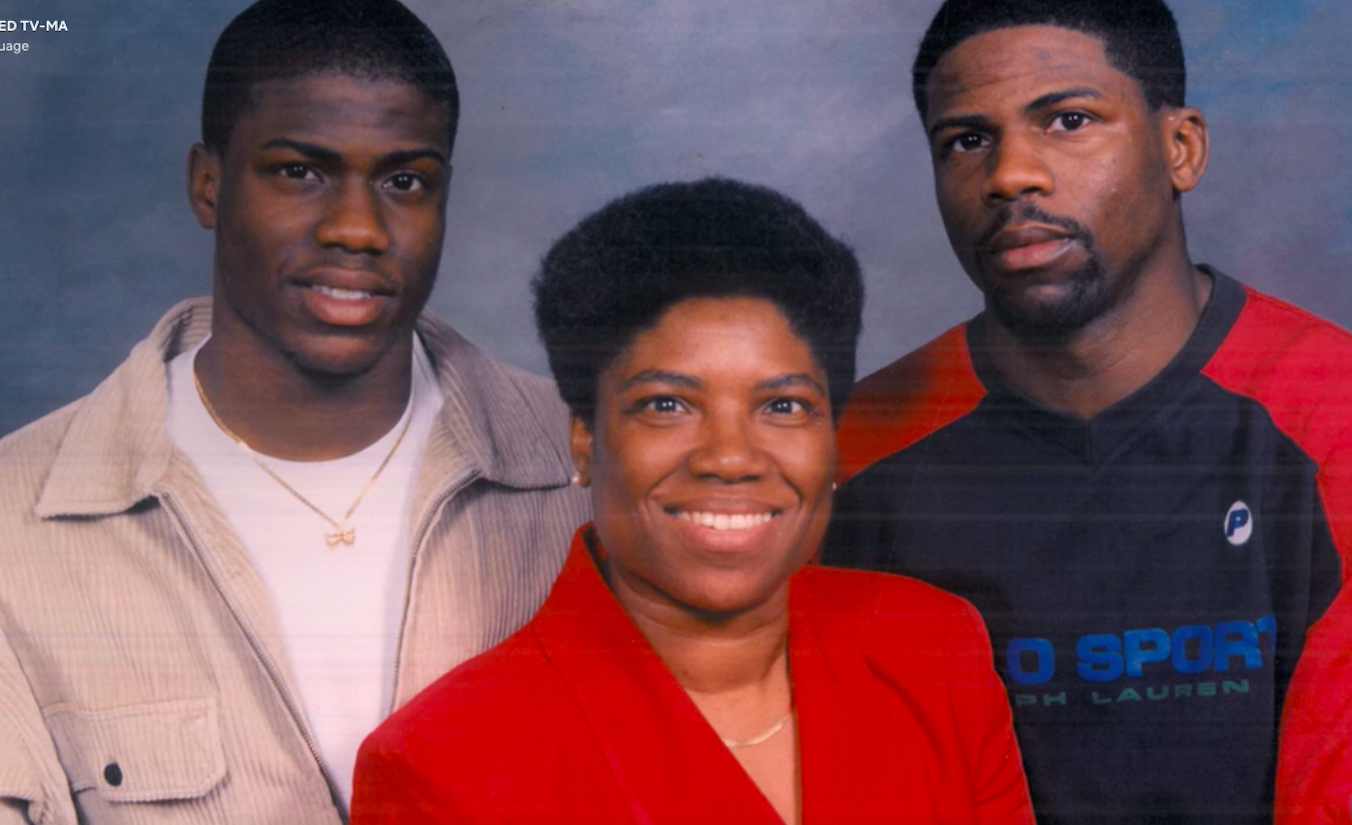Kevin Hart's Success After Cancer Loss
- Kevin Hart, 41, encourages fans and followers to set big goals, in a recent Instagram post.
- After losing his mom Nancy Hart to ovarian cancer in 2007, the comedian has continued to thrive. Ovarian cancer symptoms may include: A feeling of fullness, pelvic pain, pain during sex, feeling bloated, and change in bowel habits.
- While battling cancer yourself or supporting loved ones who are fighting the disease, maintaining a positive outlook has been shown to help, our experts say.
View this post on Instagram
Nancy Hart’s Ovarian Cancer Battle
Kevin’s mother, Nancy, passed away from ovarian cancer in 2007. Ovarian cancer can be difficult to detect, as its symptoms may be subtle, earning it the nickname among doctors as “the cancer that whispers.”

Dr. Beth Karlan, a gynecologic oncologist at UCLA Medical Center, says in an earlier interview with SurvivorNet, "Ovarian cancer does not have any specific symptoms. It's often referred to as the cancer that whispers, in that it has symptoms that are really very vague…and nothing that may bring your attention directly to the ovaries."
Related: Ovarian Cancer Symptoms Can Be Hard to Spot
Dr. Karlan describes which symptoms women should pay close attention to. "The symptoms include things like feeling full earlier than you usually would when your appetite is strong,” she says.
“Feeling bloated,” is another symptom, says Dr. Karlan. “Some changes in your bowel habits. Some pain in the pelvis. These are symptoms women may have every month. These are not very specific. But what we've found from multiple studies, it's this constellation of symptoms."
Ovarian Cancer: The Cancer That Whispers
Staying Positive Through a Family Member’s Cancer Battle
Kevin Hart is notably a positive and powerful presence in the world, encouraging others to set and reach for higher goals, and to seize the day. We can imagine that this ability to focus on the good may have helped him and his mother as she battled cancer.
Dr. Zuri Murrell, a colorectal surgeon at Cedars-Sinai, speaks in an earlier interview about the importance of focusing on the good, as Hart does. Dr. Murrell says, “My patients who thrive, even with stage 4 cancer, from the time that they, about a month after they’re diagnosed, I kind of am pretty good at seeing who is going to be OK.”
“Now that doesn’t that mean I’m good at saying that the cancer won’t grow,” he says. “But I’m pretty good at telling what kind of patient are going to still have this attitude and probably going to live the longest, even with bad, bad disease. And those are patients who, they have gratitude in life.”
Learn more about SurvivorNet's rigorous medical review process.


